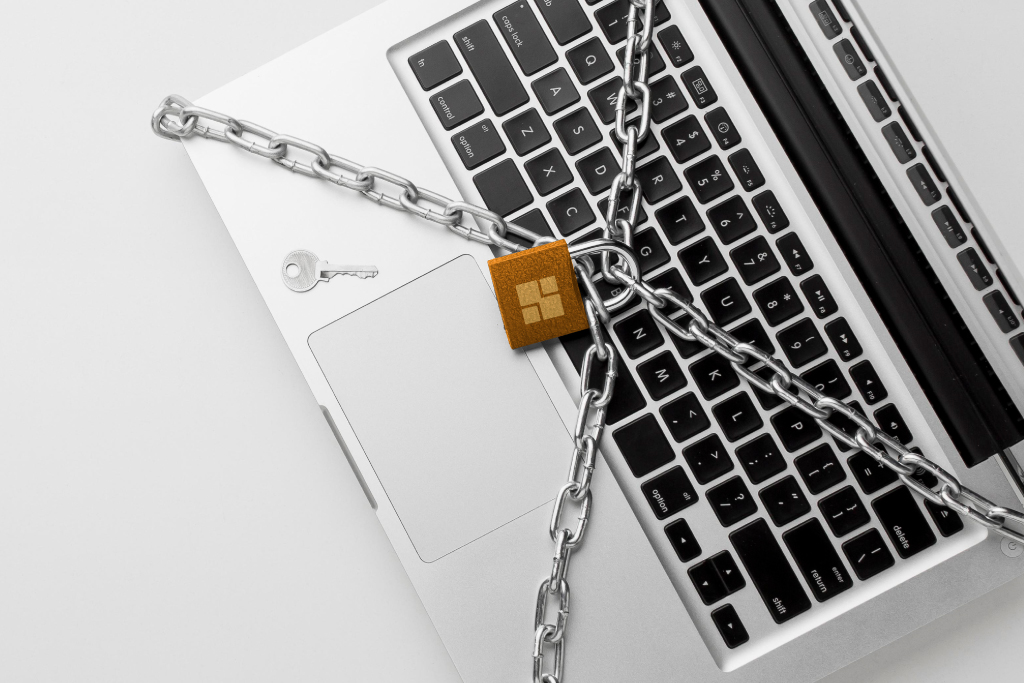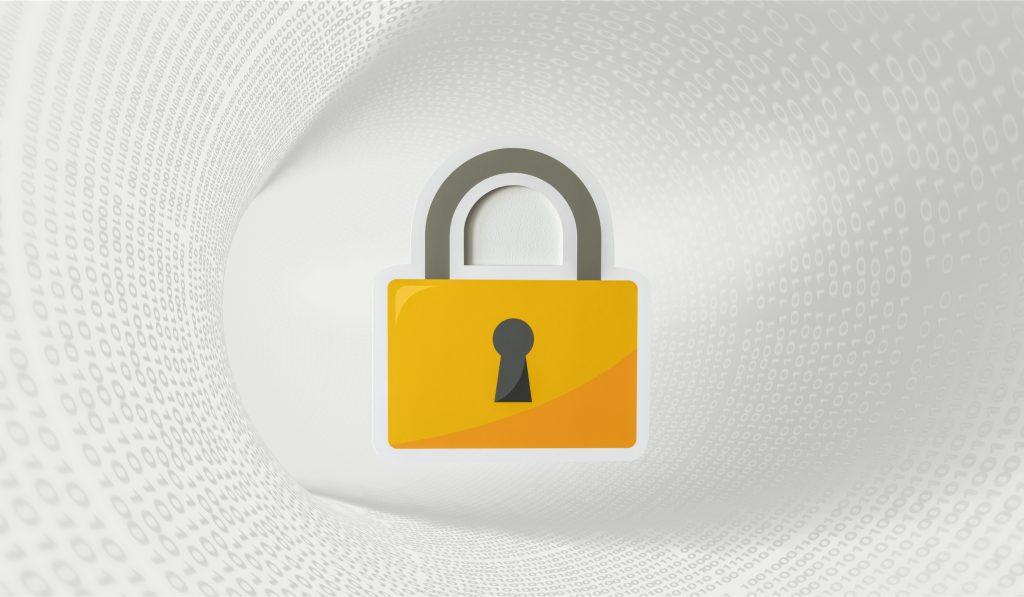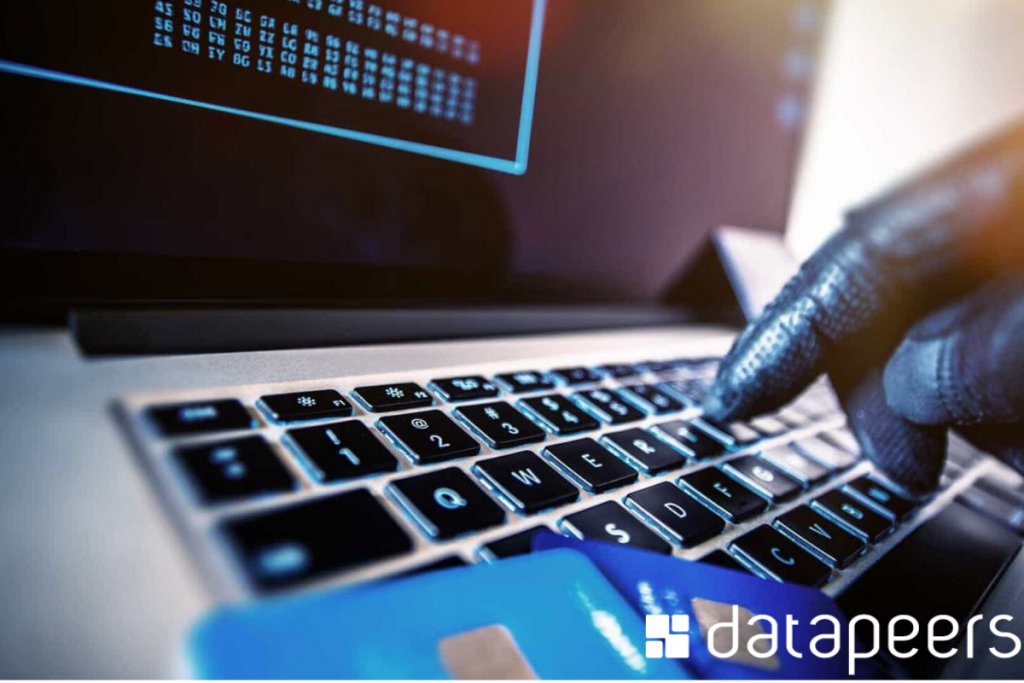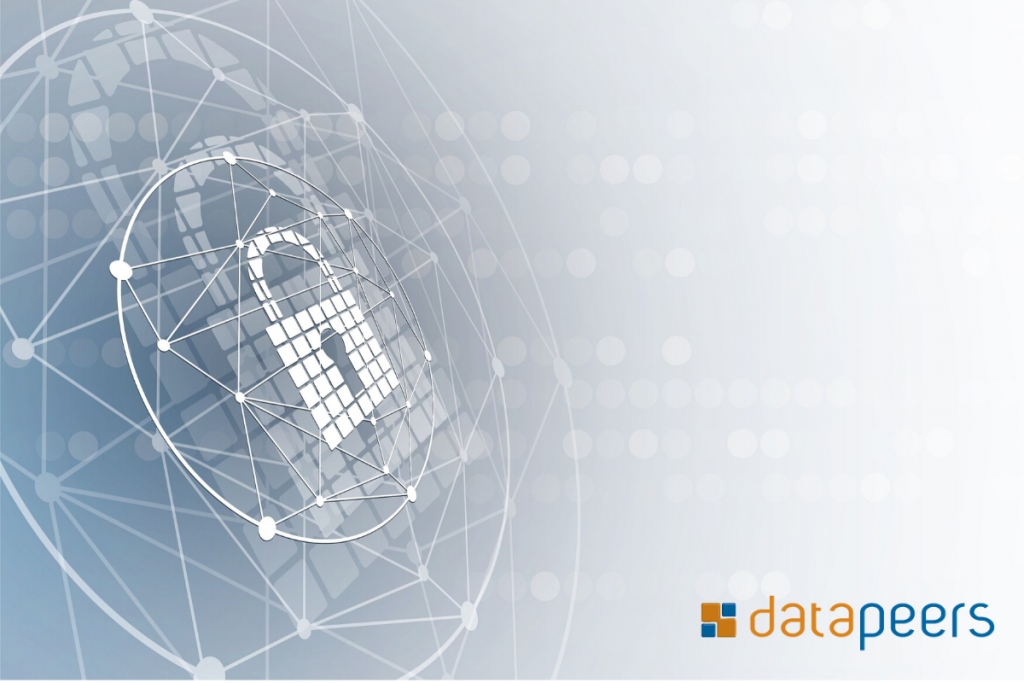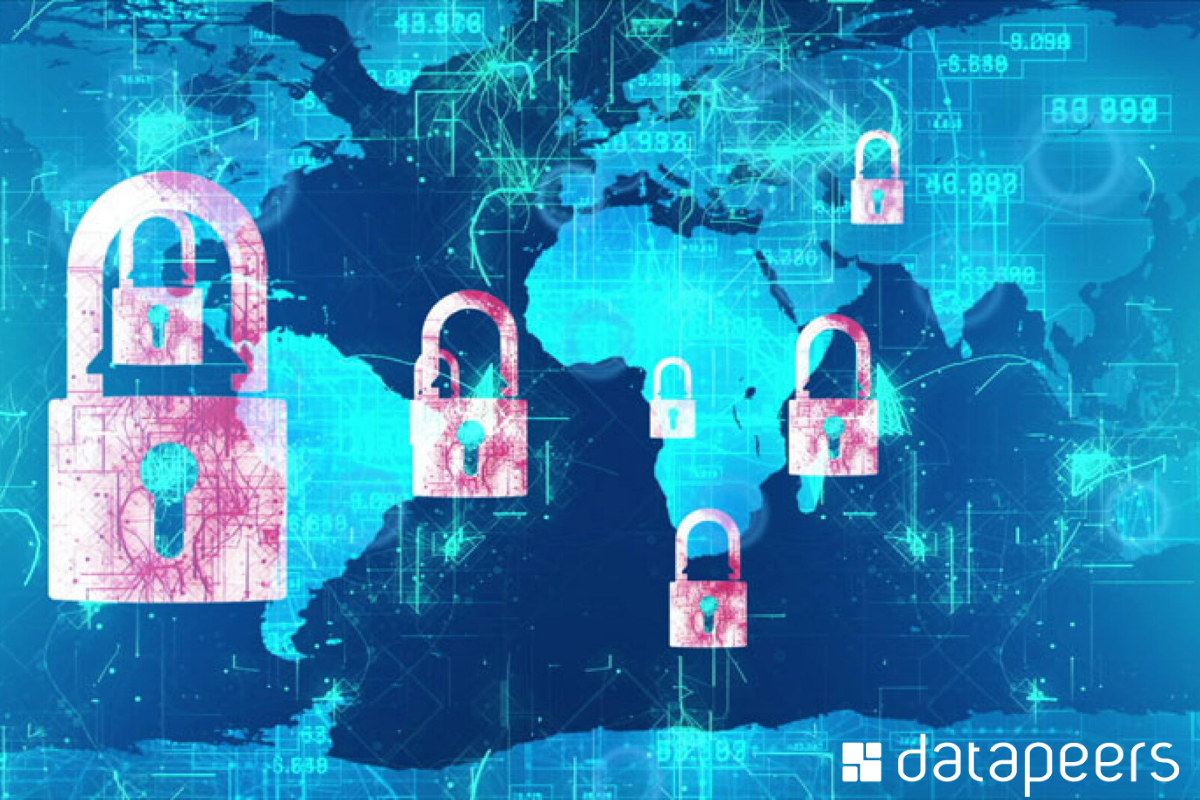TIPS FOR IMPLEMENTING A DATA MASKING SOLUTION
Data security is an increasingly important issue in the future of companies, so it is essential to find solutions that prevent a possible breach. One of the most efficient ways to prevent it is to ensure that sensitive data is masked through a consistent, controlled and compatible solution with the organization’s entire information system.
Cybersecurity investment
Global market investment in cybersecurity has increased, and it is estimated that throughout 2020, it will grow up to 5.6% according to data from the Canalys study. The investment is expected to reach 43.1 billion dollars in network security services, endpoints, web, e-mails, vulnerabilities and security analysis. 36% of expenditures correspond to maintaining network security. This widespread increase was a consequence of the increase in remote work and the need for companies to remain competitive.
Investing in cybersecurity allows you to ward off virtual threats and therefore protect your company and customers financially. Whenever customers realize that they are putting their data at risk, they will consequently lose their confidence.
Read More
HOW TO IMPROVE DATA SECURITY IN YOU COMPANY
Having a technology that allows companies to handle the huge amount of data created daily can have several advantages. In today’s article, we present some methods to keep your data untouchable.
Read More
Coronavirus and computer attacks: learn how to protect your network
Hackers take advantage of the weakest moments to launch computer scams and steal data. Digital threats have been immense in recent weeks, as those responsible for them take advantage of people’s concerns about the new coronavirus or Covid-19. There are many people looking for information about the disease and hackers take advantage of this to send messages with fake news. In this way, they spread a series of malware, created with the aim of stealing information, whether corporate or personal. Here are 5 tips to protect yourself from computer attacks this season!
How to protect your company’s information in the coronavirus outbreak?
The coronavirus began to be reported in late 2019. It has reached almost 200 countries worldwide and has been causing fatalities all over the place. We live in a time of pandemic and not only will our health be affected, but the “health” of companies will also be threatened. A large number of organizations have adopted homeoffice as a way to protect their employees and prevent the spread of the disease. In an era when we all have to be more aware of protection, it is essential not to neglect the security of the data we deal with on a daily basis. In today’s article, we’ll see how we can protect information in the coronavirus outbreak!
Find out how to apply the 3 pillars of information security in your company
Information security refers to the union of tools, strategies and policies that guarantee the protection and integrity of information. The pillars of information security support the structure of the solutions, methods and tools to ensure that data remains secure and private. Integrity, confidentiality and availability are the pillars of the security of any company. We will then see how we can apply each one of them in your company!
How to overcome current information security challenges?
The digital age has brought numerous challenges due to the complexity of network relationships that current information systems provide. Today’s IT environments are exposed to several vulnerabilities, be it communication, storage or human error. Nowadays, it is essential to know how to deal with computer attacks and possible data exposure. Information security faces new and unexpected challenges every day. How to overcome them? That’s what we’ll find out in this article!
5 Tips for keeping your databases secure
Currently, we live connected. We access social media several times a day, read e-mails all the time, put our bank details on the web so we can make online purchases, among many other actions. All of them, regardless of the care we take, can bring risks to organizations. Basic precautions such as configuring antivirus or “getting away” from suspicious links are not enough in this age when our data is so exposed. And, never before as now, information has been so important for companies. Theft of confidential data can even sentence a business to its bankruptcy. For this reason, we have prepared an article with 5 tips to keep your databases secure!
LGPD: What does the new Brazilian data protection law say?
People must have control over their personal data and must understand the legal framework of digital businesses. This is because, unfortunately, users’ personal data are often illegally captured, which can compromise their privacy. This whole scenario led to the creation of the General Data Protection Regulation (GDPR) for the European Union, which came into force in May 2018, and now Brazil is preparing to adjust to the new law, very similar to the one that already exists in the Europe. After more than eight years of debates in civil society, Law 13.709 / 2018, the Brazilian Data Protection Law, arrives. The legislation (LGPD) was enacted on August 14, 2018 and is expected to come into effect, definitely, this year. In today’s article, we will know the main points of this legislation.
Concepts of the new law
The holder of the data is the person that the law aims to protect and is the carrier of “personal data that are subject to treatment”, so that legal entities of a collective nature are excluded from the scope of the new law: this law is exclusively to protect people.
The concept of data processing is very important in this legislation and is defined as “any operation carried out with personal data, such as collecting, producing, receiving, classifying, using, accessing, reproducing, transmitting, archiving, storage, disposal, evaluation or control of information, modification, communication, transfer, diffusion or extraction”. This context is very broad and applies to all data processing operations carried out by an individual or collective person, both in the public sector and in the private sector. In order for the law to apply, this data processing must be carried out in Brazilian territory. In the case of foreign citizens, personal data are subject to the new law when they are collected in Brazil and when their treatment is intended to provide goods or services in Brazil.
What will change in practice?
Obligation to delete data when required by the user
Citizens will be able to require companies to delete their personal data, whenever requested by users. The new regulation allows the personal data of each citizen to be destroyed at his request.
Data portability
Citizens may require companies to send their personal data in a format that allows them to be sent to another company, facilitating their migration and making it simpler to change service provision. Whenever a citizen changes banks or a television service provider, he or she will not have to provide his/her personal data again, as they can be easily migrated from one company to another.
Need for express user authorization
Citizens will have full information about how companies treat their data, how they store it, how long they store it and with whom they share their information. The new law applies to all activities involving the use of personal data, including treatment over the internet.
Obligation to notify in case of violation of personal data
Businesses and organizations have a duty to notify the competent authority in situations which put individuals at risk and to communicate to the citizen concerned all high-risk violations as quickly as possible so that appropriate action can be taken. In case of data leaks, the company must inform the competent authority (National Data Protection Authority, an indirect public administration body linked to the Ministry of Justice), which will be responsible for monitoring, implementing and enforcing the law , within a “reasonable period”.
What happens in case of default?
In case of data leakage or any other violation of the law, fines may reach 2% of the billing, with a limit of R $50 million, and may also imply the suspension of the company’s activities.
4 steps to store data in the Cloud
The Cloud is an option increasingly used by companies. However, there are still many doubts related to this technology, especially with regard to security. Cloud Computing is an IT solution that allows online use of computing resources, using the Internet. Uncomplicated: wherever you are, you can access your programs and files by simply having an Internet connection. With multiple users and multiple access points, it is essential to take some precautions in order to guarantee data privacy. In today’s article, we present 4 precautions you should take when storing data in the Cloud.
